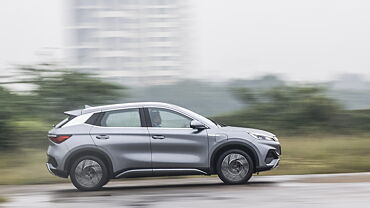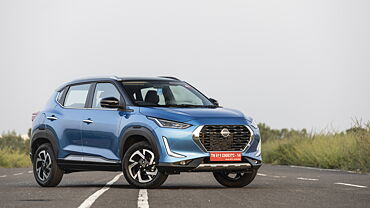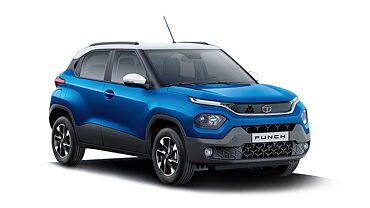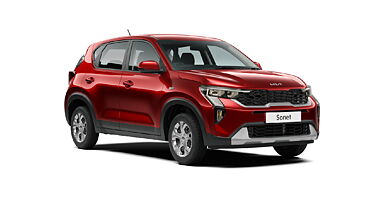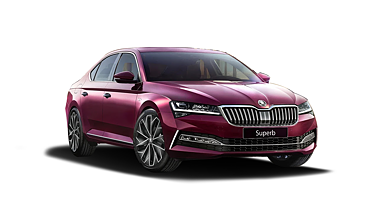Growing environment concerns has got the government thinking about introducing a fresh policy to promote sale of electric vehicles in the country. Through this initiative, the government aims to switch most of its vehicles to battery power by 2030. Currently, EVs are priced higher than conventional models and in an effort to address issues like these, the plan also aims at reducing the initial cost for buying the electric vehicle.
Unlike other major UV markets like China, US and Europe, where higher subsidies are provided to cut EV prices, the government plans to work on battery-leasing strategy. Under this plan, the buyers will not have to pay for the battery pack while buying the electric vehicle and while the battery itself eliminates the major cost, it will help bring down the EV prices. The plan includes two-wheelers, three-wheelers and non AC buses that run on electric power and might be sold without batteries. This will help cut down the prices by nearly 70 per cent as the battery pack amounts to a major part of an EV's price. Vehicles owners can however lease out the batteries at specified cost.
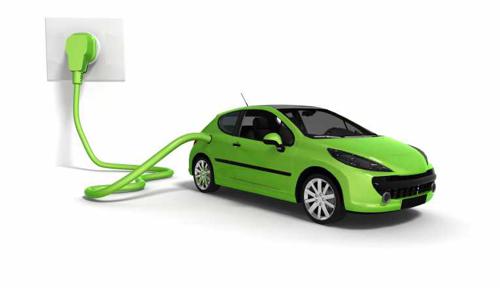
Additionally, the government plans to make arrangements to allow swapping of batteries at the charging stations. This will especially be helpful for EV buses, as they can swap the drained out batteries in exchange for a fully charged one whenever needed. The move is also expected to eliminate the biggest concern over low travel range for car buyers. A formal policy in this regard is expected to be notified in next six months.
In order to successfully plan and execute the initiative, ministries of road transport, power, petroleum and heavy industries will give their inputs to help draft a practical and feasible policy. Moreover, reports indicate that the program might be scaled up over a period of three years, wherein private cars will be included in the last phase.



